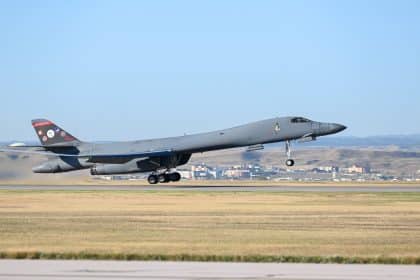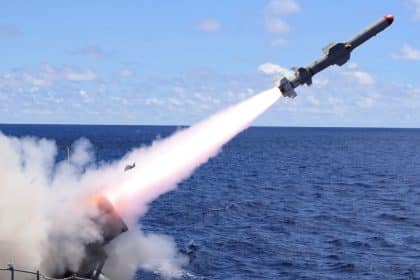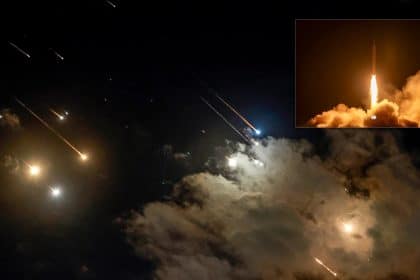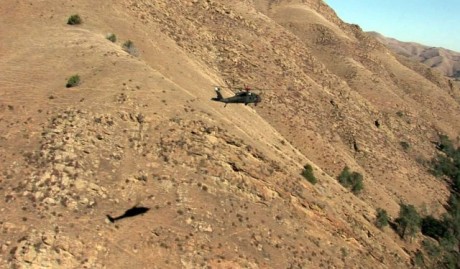A remotely-piloted highly-modified Black Hawk helicopter recently flew over the Diablo Range, east of San Jose, California, in the first autonomous flight test of the next generation rotorcraft tech: obstacle field navigation and safe landing area determination.
Although the chopper had Army experimental test pilots Lt. Col. Mike Olmstead and Ott, system operator Dennis Zollo, and Dr. Marc Takahashi on board for safety reasons, the U.S. Army Research, Development and Engineering Command’s Aviation and Missile Center successfully demonstrated the aircraft’s terrain sensing, statistical processing, risk assessment, threat avoidance, trajectory generation, and autonomous flight control capabilities.
Lasting two hours, the test flight over California was conducted by the Rotorcraft Aircrew Systems Concept Airborne Laboratory, or RASCAL, a JUH-60A Black Hawk equipped with the H.N. Burns 3D-LZ laser detection and ranging system for terrain sensing.
According to the U.S. Army, “the aircraft maintained an altitude of 200 and 400 feet above ground throughout the flight. During the final obstacle of the field navigation flight, the safe landing area determination algorithm autonomously identified a safe landing spot within a forest clearing and commanded the aircraft to approach and hover at 60 feet. Final hover was accurate within a foot.”
Noteworthy, a risk-minimizing algorithm was used to compute and command a safe trajectory continuously throughout 23 miles of rugged terrain at an average speed of 40 knots with no prior knowledge of the terrain.
In other words, future Army choppers will not only be stealthy as the one that crash landed at Abbottabad during the Osama Bin Laden raid, but will also be unmanned.
Image credit: U.S. Army



















